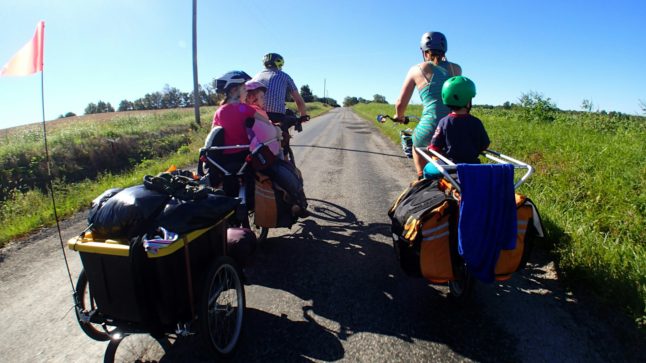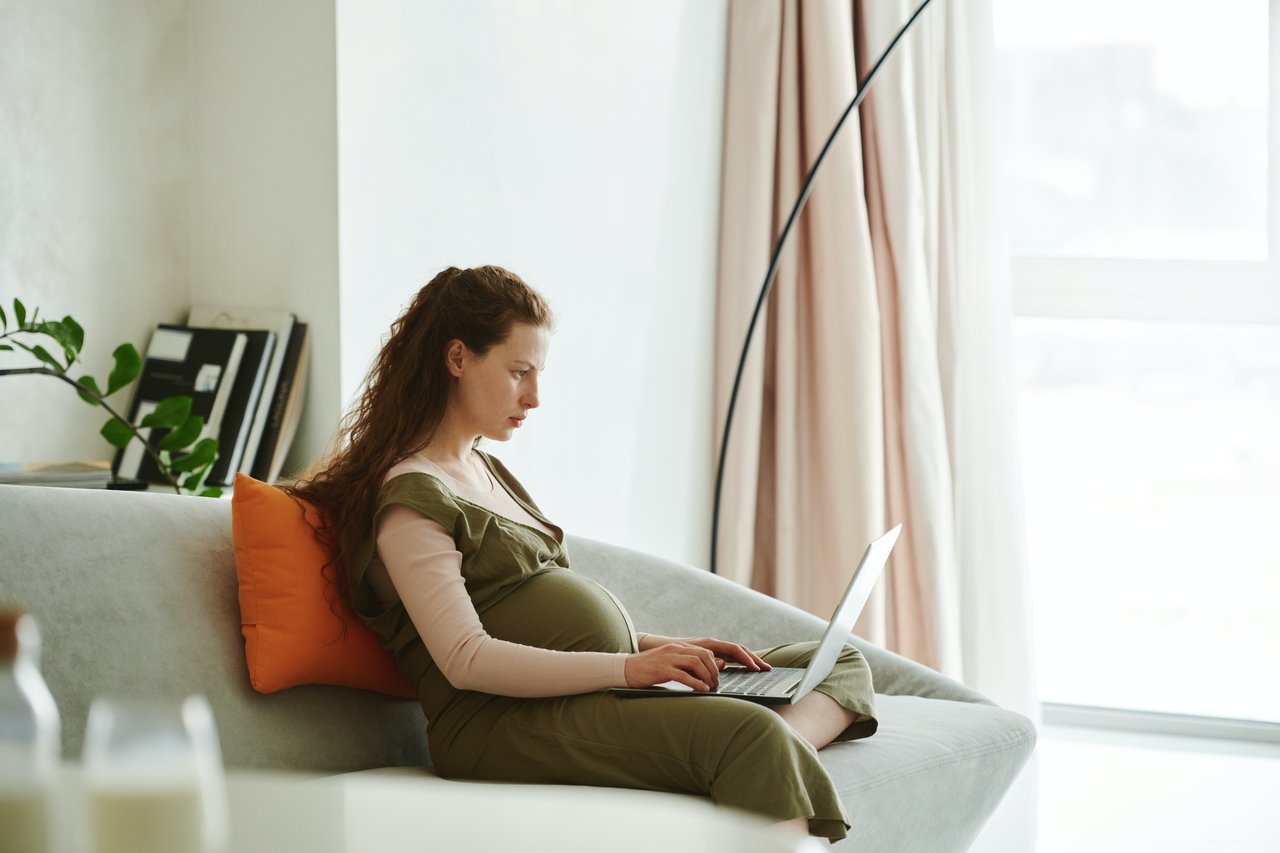For many families, there is a strong allure to a holiday trip during term time – after all, you can avoid peak travel costs and crowded destinations by travelling on the shoulder seasons. The problem is, if your kids are in school, they might need to miss a few classes in order to go on the perfect family trip.
This may seem totally normal in some countries, especially if the kids are in kindergarten and are very young. But is it possible in Austria?
The answer is no. This is because, in Austria, school attendance is compulsory. Even though kids may be homeschooled, once they are in the school system, they can only miss classes if they have a valid reason.
When can my kid miss school?
Travelling for leisure with family is not a valid reason to miss school days in Austria. Children can only miss their classes if they are sick, if members of their household are ill with a transmissible disease if parents or relatives are sick and need help from the student, or if there are “extraordinary events” in the student or student’s family life.
Another reason is if there are issues in the route to school or bad weather that make it dangerous for the pupil to reach classes.
READ ALSO: Four things foreigners in Austria need to know about the education system
What happens if my child misses class?
If your kid misses class without a justification for more than three days (not necessarily consecutive days), they will be reported to the district administrative authority. Then, parents can receive a fine of between €110 to €440.
Older kids (those in the so-called mittleren or höheren Schulen) should be even more careful because if they are absent for more than one week without justification, they are then deregistered from school.
What if I home-school?
Homeschooling is allowed in Austria, and the number of homeschooled children actually rose during the coronavirus pandemic years. The rules are more lenient, of course, and there is no authority to check the curriculum or if the children are taking classes daily.
READ ALSO: EXPLAINED: Is home schooling legal in Austria?
However, parents do need to submit a planned curriculum and pedagogical concept for lessons in advance. And, once a year, pupils need to sit an exam to show they are on par with their schooled equivalent.
That means that, technically, homeschooled kids could travel with parents and family off-season.




 Please whitelist us to continue reading.
Please whitelist us to continue reading.
Member comments